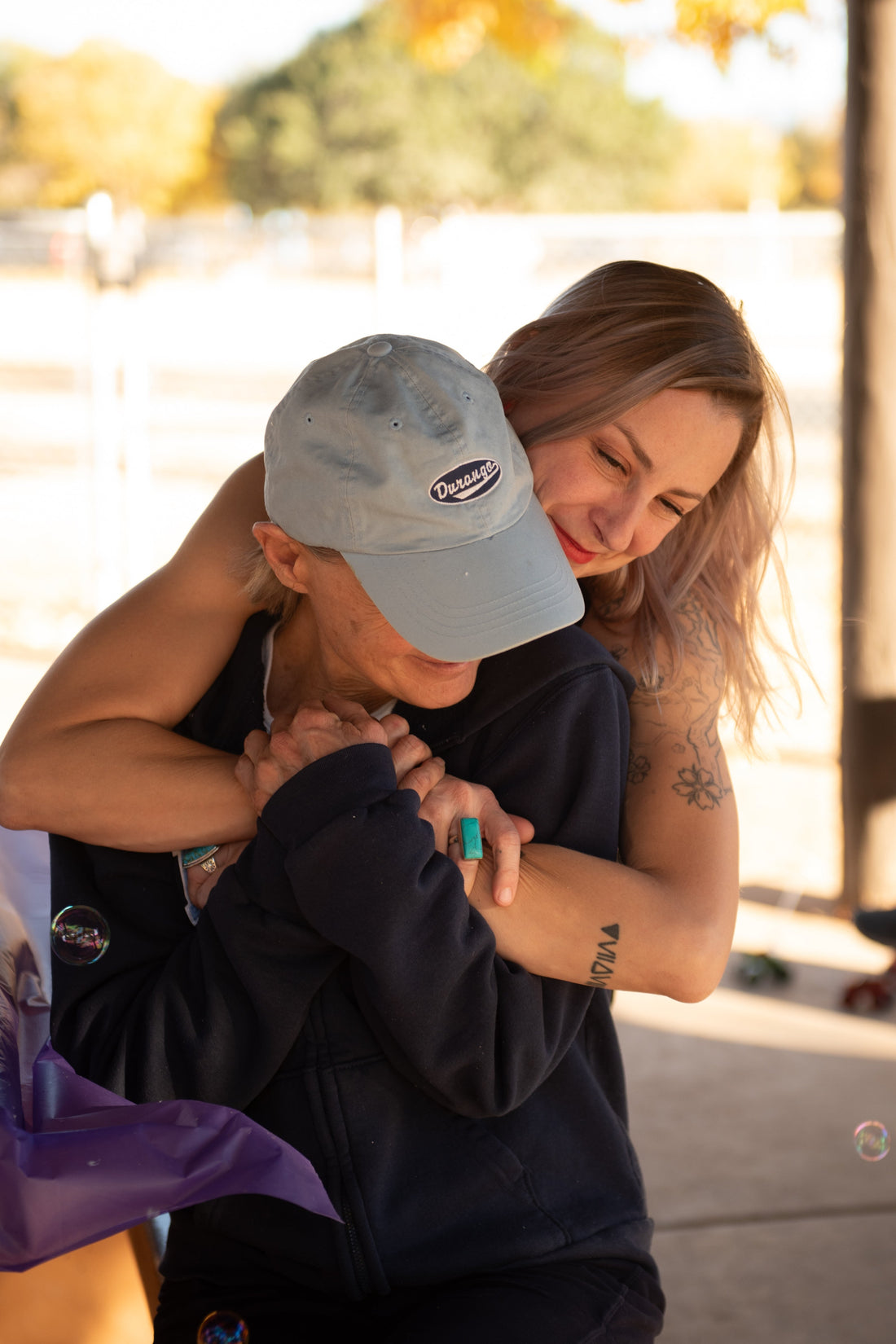
When Your Narcissistic Parent Has Terminal Cancer: What's Real, What's Performance?
Share
I never thought I'd be writing these words, but here I am at 3 AM, staring at my laptop screen, trying to untangle the mess of emotions that comes with having a narcissistic mother who is diagnosed with terminal cancer and given a year or 2 left to live.
For thirty-three years, I've been the supporting actor in my mother's one-woman show. Every conversation somehow circles back to her. Every family gathering becomes her stage. Every crisis—mine, my child's, anyone's—gets reframed as something happening to her. I learned early that my role was to provide admiration, sympathy, and unwavering support, while my own needs remained invisible.
And now she's dying.
The cruel irony isn't lost on me. For the first time in my life, my mother actually is the center of the universe in a way that's completely justified. She has every right to need attention, care, and support. She's facing the ultimate crisis, and yet... I find myself asking the same questions I've been asking my entire life: What's real? What's performance? What's genuine fear and what's manipulation?
The Guilt is Overwhelming
The worst part isn't even her behavior—it's mine. I catch myself analyzing her tears, questioning whether her pain is real or amplified for effect. When she calls out in the middle of the night, part of me wonders if this is just another bid for attention, another way to make everyone drop everything and focus on her. And then I hate myself for thinking that way about someone who is literally dying.
But here's what decades of living with a narcissist does to you: it makes you doubt everything. It makes you question your own perceptions, your own feelings, your own reality. When someone has spent your entire life crying wolf—making mountains out of molehills, turning minor inconveniences into major tragedies—how do you know when the wolf is actually there?
The Paradox of Terminal Illness
Cancer doesn't cure narcissism. If anything, it seems to amplify it. My mother's diagnosis has become the ultimate trump card in every conversation. Forgot to call her back immediately? "I have cancer." Can't drive her where she wants to go? "I'm dying, you know." Express any frustration or set any boundary? "How can you be so selfish when I'm fighting for my life?"
The diagnosis has given her something she's always craved: unquestionable victim status. No one can challenge her now. No one can point out her behavior without looking like a monster. It's like she's found the perfect shield, and she wields it expertly.
What's Real vs. What's Not
The cancer is real. The fear is real. The physical pain is real. The approaching death is real.
But the monopolizing of every conversation? Still there. The inability to show genuine interest in anyone else's life? Still there. The way she somehow makes my father's love for me about her not being loved "enough", my anxiety about supporting her turns into "you're not trying hard enough", my struggles with my own mental health weaponized against me. It's all still here. She's dying, and she's still a narcissist. Both things are true.
The Impossible Position
I'm trapped in an impossible position. I want to be a good daughter. I want to show up for my mother in her final months. I want to have no regrets when she's gone. But I also want to protect myself from the same emotional manipulation that has defined our entire relationship.
How do you maintain boundaries with someone who's dying? How do you protect your own mental health while also providing end-of-life care? How do you process your grief for the mother you never had while simultaneously grieving the mother you're about to lose?
The answer, I think, is that you do it imperfectly. You show up when you can. You protect yourself when you need to. You accept that some people never change, even when facing death, and that's not your fault or your responsibility to fix.
Finding My Way Forward
I'm learning that it's possible to have compassion for my mother's situation while still maintaining my sanity. I can acknowledge her fear and pain without taking responsibility for managing her emotions. I can move her into her own space, visit and help with practical matters without signing up to be her primary source of emotional regulation.
I'm also learning that my feelings—all of them—are valid. The anger, the sadness, the relief, the guilt, the love, the resentment. They can all coexist. Having a narcissistic parent who's dying doesn't erase the past or magically heal old wounds. It just adds another layer of complexity to an already complicated relationship.
The cancer is real. Her fear is real. Her pain is real. But so is mine. And for the first time in my life, I'm not going to pretend otherwise.
If you're dealing with a similar situation, know that you're not alone. These feelings are normal, and seeking support from friends, family, or a therapist can be incredibly helpful. You don't have to navigate this alone.

1 comment
Im an outsider in the real drama as I watch my DIL caregive her mother thru this terminal cancer. Thanks for this enlightening piece.